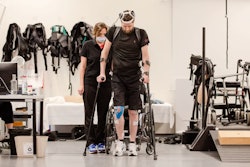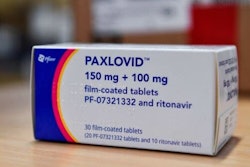
Matthias Zomer
Determining who will develop Alzheimer’s disease and who won’t is surprisingly nuanced. Previously, scientists believed that amyloid plaques were the main cause of Alzheimer's, leading to drug development focused on targeting them. However, a recent EurekAlert! article suggests that other factors, such as brain inflammation and astrocyte activity, play a significant role in disease progression. Astrocytes are star-shaped cells in the brain that support neurons, and the researchers found that they act as key regulators in Alzheimer's progression.





















